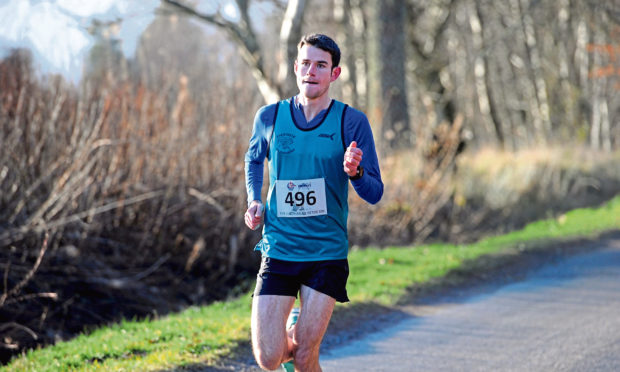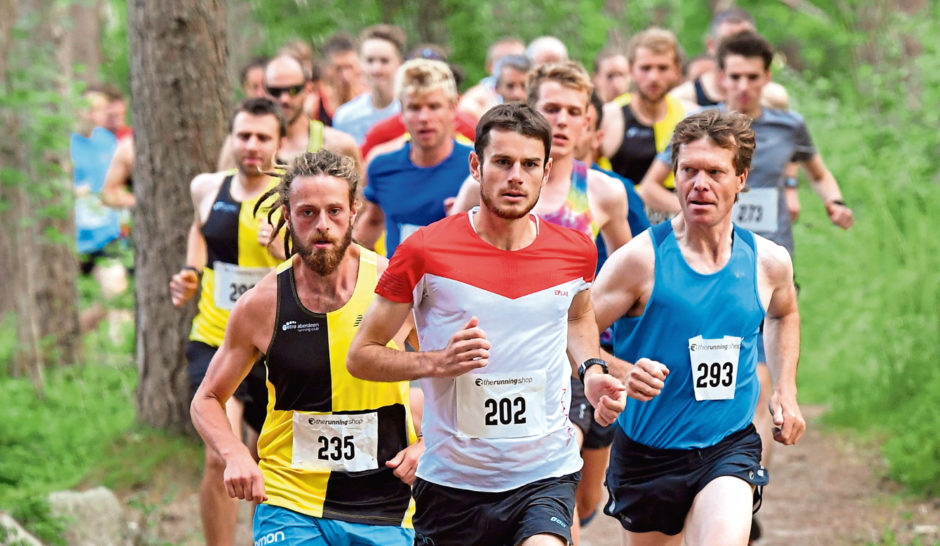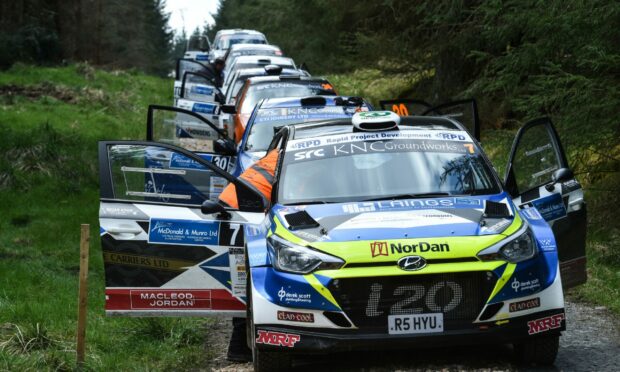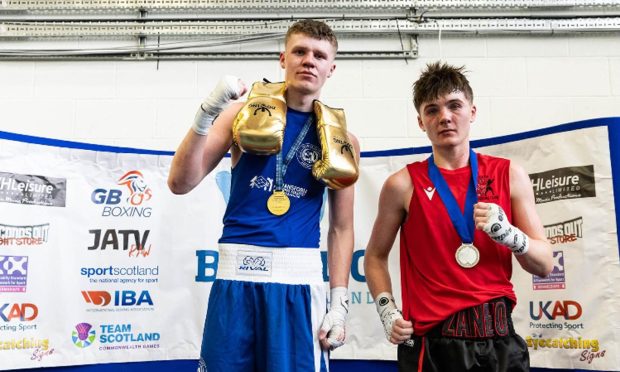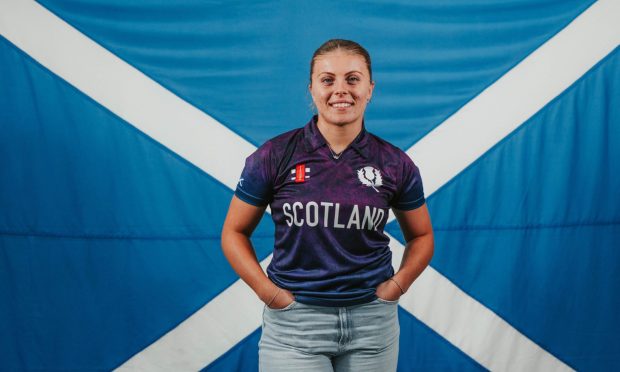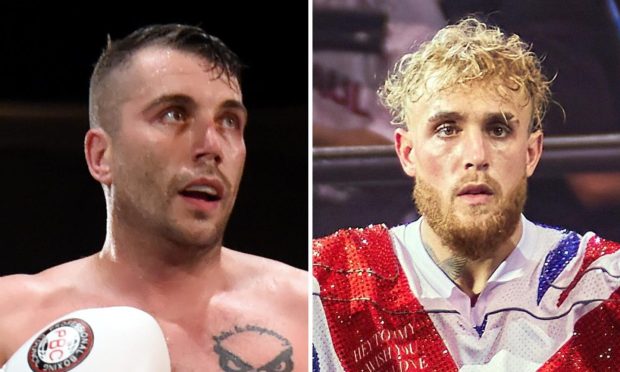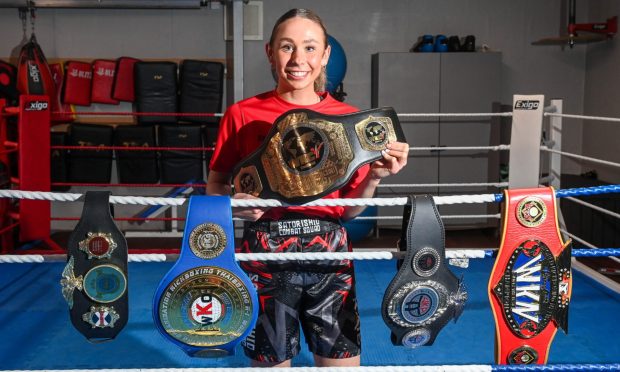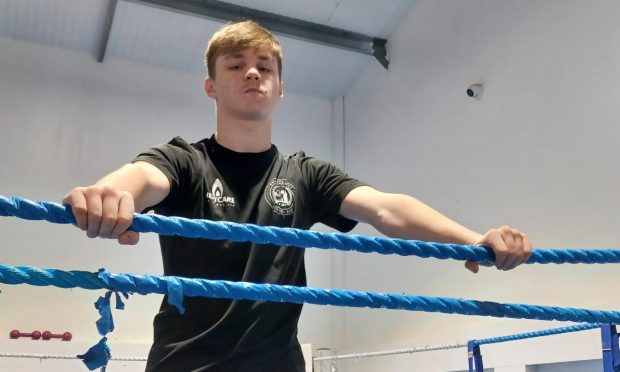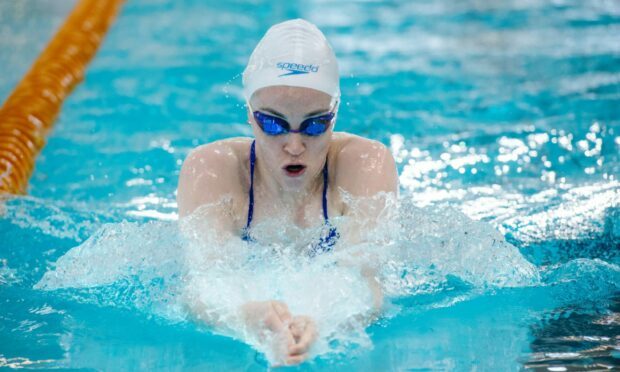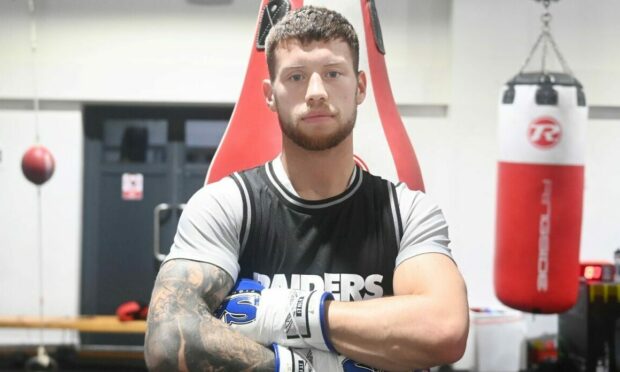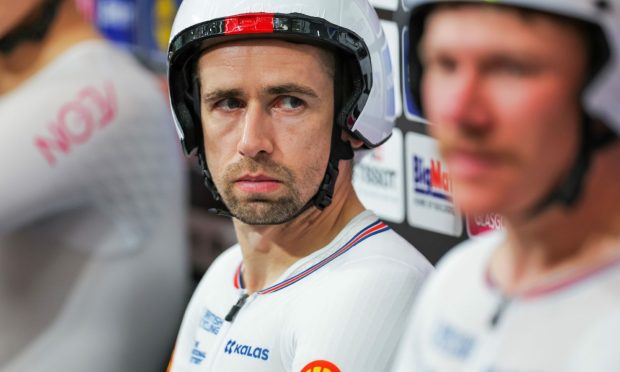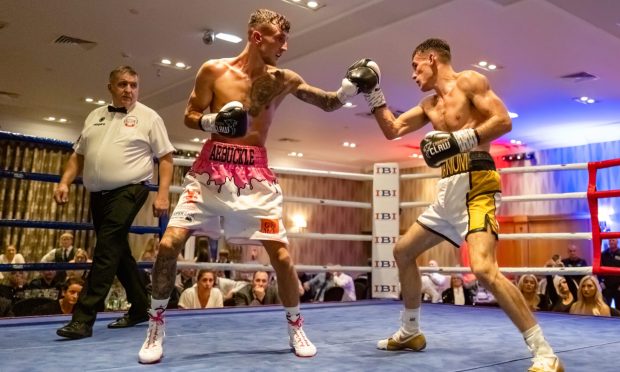Banchory’s Olympic marathon hopeful Robbie Simpson believes a decision over whether elite athletes should move up the priority list for Covid vaccinations should only be agreed if it becomes clear that the games are to go ahead.
International Olympic Committee official Dick Pound has suggested that athletes should be given priority for vaccines so the Tokyo games can proceed this summer.
But British Olympic Association chief executive Andy Anson has been more circumspect.
He said: “The priority has to be the people who need it most – frontline workers, the elderly and the vulnerable.
“There will come a time, hopefully ahead of the Olympic Games, when the athletes can be considered for vaccination, but we’ll only do that when it’s appropriate.”
Simpson accepts it’s a tricky situation, but feels some early decision-making and clarity is required.
He said: “Personally, I don’t think the games should go ahead given the circumstances. But if they are to go ahead, then athletes need to be vaccinated.
“It’s the only way the games can be held properly. We’ve already seen the problems recently in a number of sports where elite competitors, who haven’t been vaccinated, have travelled to training camps or competitions then contracted the virus.
“The games would be in a mess if athletes travelled there, then had symptoms and had to self isolate.
“A lot of events would have to be cancelled.
“There’s big risks if you bring thousands of competitors together from all over the world and they haven’t been vaccinated.
“It’s one thing to safely organise a one-off football match or even a race, but when you have so many different events being held at a range of venues it becomes much harder.
“It’s also important for athletes to be able to travel to training camps abroad to prepare for Tokyo as the conditions in Japan will be very different from what we are used to here.
“If it’s not possible to train properly for Tokyo, there’s little point in going.”
Simpson’s Olympic prospects will be decided at the end of March when he competes in the British Olympic trial race at London’s Kew Gardens.
The Olympics are scheduled to be held from July 23 to August 8, followed by the Paralympics from August 24 to September 5, but there is growing concern over whether this will be possible after a surge of coronavirus cases in Tokyo.
Japanese Prime Minister Yoshihide Suga says he wants the games to proceed. He also wants almost everyone in Japan to have been vaccinated before the Olympics open, but that process hasn’t started yet and isn’t planned to get under way until May.
There’s growing public opposition to the games going ahead. A news survey concluded that around 80% of Japanese people preferred a cancellation or postponement.
